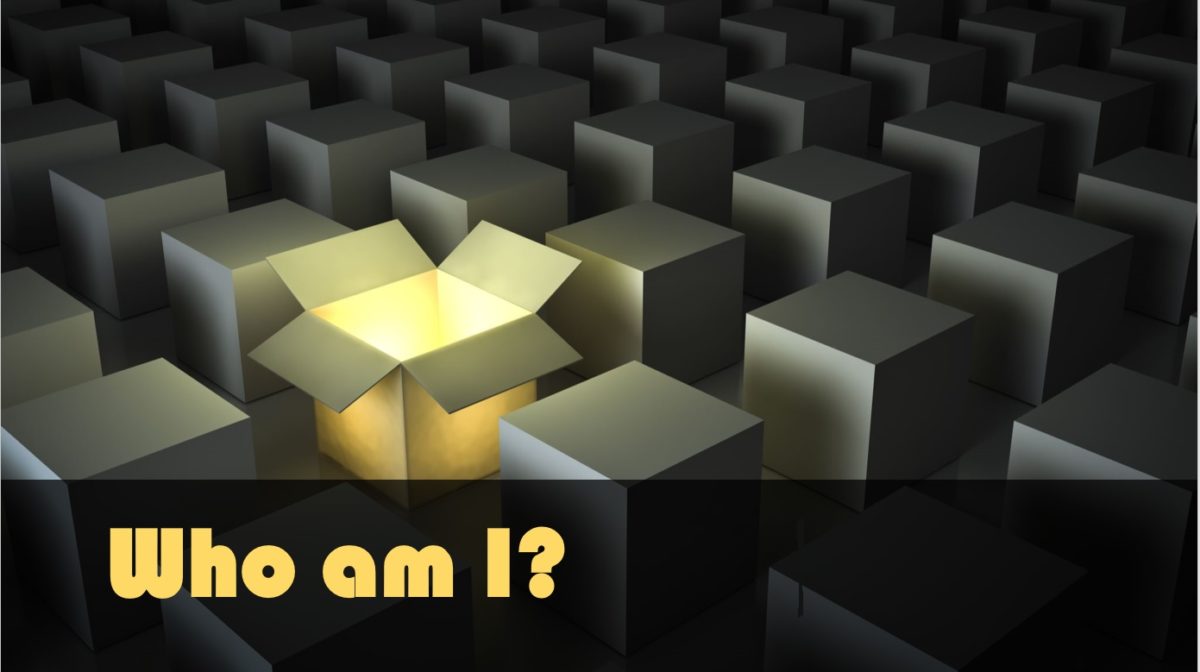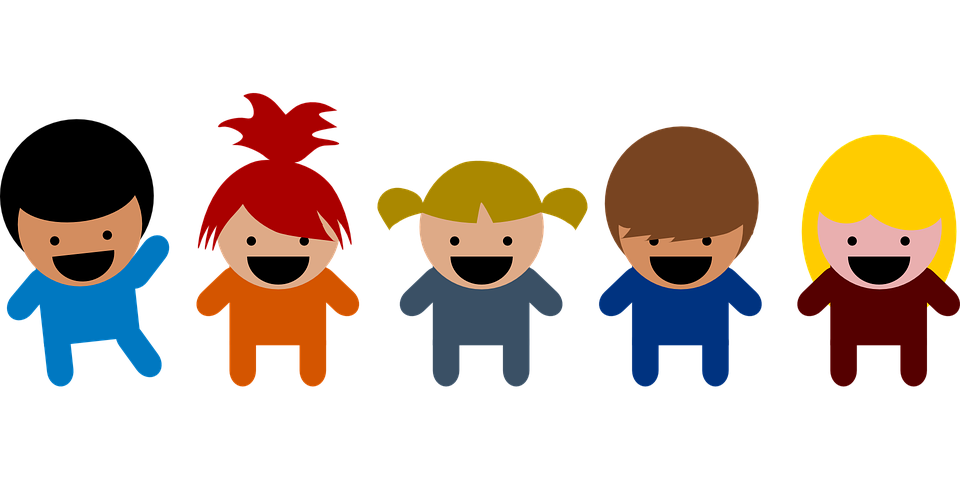Who am I? A question I didn’t seek an answer to as an adolescence but it’s a question that blossomed in my later teen years and advanced through to my young adulthood and marched on into my mature aged years and still today remains unanswered. Does it keep me up at night? No. Does it define me? No.
The important question is, can I live with this question unanswered? I don’t know!
As a child I felt detached from my surrounding world and I can only conclude these feelings started when I was about four, in what I refer to as the “sandpit incident” which is a vague recollection of being told I’m adopted by two visiting children as we innocently played in the sandpit. For most of my childhood that memory was suppressed and only just recently have I connected that suppressed memory with another incident that happened when I was about 7, and that was when I saw the movie Oliver (1968) and had a very bad reaction to the film, read all about that here.
The only way to explain my feelings of detachment is to compare it with living life as if in a bubble, looking out at the world around me, observing people, their relationships and interactions with each other especially within their families. I noted similarities in looks, actions and personalities between family members, especially my own family, but I didn’t see me in any one around me, although for the most part I didn’t think too much of it because as a child I didn’t consciously acknowledge I wasn’t one of them.
On my mum’s side, my cousin looks like my mum and my aunty looked similar to her aunty, my great aunty. On my dad’s side, my dad looked like his brother, and when my cousin got older he looked like his dad who looked like my dad. Having said that, it wasn’t obvious that I didn’t belong to my family, I was Caucasian with fair skin and so were they. Besides you don’t always see noticeable features in blood family members so not getting told “you look like your mum/dad/brother” didn’t bother me at all. I can only recall one time when the opposite was said and that was by my brother’s mates who said “you don’t look anything like your sister”. I was about 17.
After my adoption was confirmed when I was about 24, I began crowd surfing. Searching crowds for a faces that resembled mine, spending endless hours wondering, wishing, surmising about my birth family. My only hope was the information my birth mother gave to the adoption agency was correct because that was all I had, non-identifying information. I’d scold anyone who questioned the validity of the information. As it turned out, the information Anne provided was mostly true but that wasn’t realised for another 32 years.
Not only did I live in my bubble but I did so whilst sitting on an invisible fence. On one side, my adopted family and on the other side, unanswered questions. Then I found my birth family and after the dust settled and after a few family reunions, I find myself still sitting on that bloody fence. My adopted family still on one side, and the other side now taken up by my birth family. Regardless which side of the fence I fall into, I don’t fully belong. I’m genetically dissimilar to my adopted family and I’m environmentally dissimilar to my birth family.
I always had this notion that if I’d find my birth family, I’d immediately fit in and life would go on as if I had always known them. But alas, that’s not the case, they are strangers to me. They have all led vastly different lives than me and that brings me to ask the question, “would I be the same person I am today if I had grown up in my birth family?
There’s a large part of me that wishes I had the chance to live with the family I was born into but that thought comes with feelings of guilt, guilt for wishing it in the first place and disrespecting my adopted family.
Not meeting my birth parents weighs heavily on me. I’m grateful I uncovered their identifies and I can’t help but ponder the questions “would they have liked me?”, “would they have embraced me?” The more I learn about my birth parents the more I realise how different I am to them and the lives they led. My mother appears to have been an adventurer, moving to the US after I was born, ending up in Alaska with an American husband and regularly travelling abroad for holidays. I’m a home body. My father was a very hard man on his children, so I’m told. He was a great cook and entertainer. As for me, I’m a compassionate parent who hates cooking. It begs the question, “Are environmental factors what make us who we are?
So who am I? I’m an adoptee whose born identity was denied and who had to adopt an identity that doesn’t quite fit, leaving me continually searching for a sense of belonging, a journey that has no end, so it seems.


